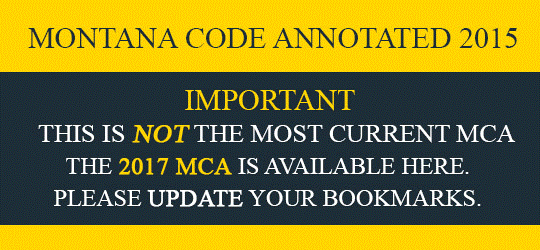



15-61-202. Tax exemption -- conditions. (1) Except as provided in this section, the amount of principal provided for in subsection (2) contributed annually by an employee or account holder to an account and all interest or other income on that principal may be excluded from the adjusted gross income of the employee or account holder and are exempt from taxation, in accordance with 15-30-2110(2)(j), as long as the principal and interest or other income is contained within the account or withdrawn only for payment of eligible medical expenses or for the long-term care of the employee or account holder or a dependent of the employee or account holder. Any part of the principal or income, or both, withdrawn from an account may not be excluded under subsection (2) and this subsection if the amount is withdrawn from the account and used for a purpose other than an eligible medical expense or the long-term care of the employee or account holder or a dependent of the employee or account holder.
(2) An employee or account holder may exclude as an annual contribution in 1 year not more than $3,000. There is no limitation on the amount of funds and interest or other income on those funds that may be retained tax-free within an account.
(3) A deduction pursuant to 15-30-2131 is not allowed to an employee or account holder for an amount contributed to an account. An employee or account holder may not deduct pursuant to 15-30-2131 or exclude pursuant to 15-30-2110 an amount representing a loss in the value of an investment contained in an account.
(4) An employee or account holder may in 1 year deposit into an account more than the amount excluded pursuant to subsection (2) if the exemption claimed by the employee or account holder in the year does not exceed $3,000. An employee or account holder who deposits more than $3,000 into an account in a year may exclude from the employee's or account holder's adjusted gross income in accordance with 15-30-2110(2)(j) in a subsequent year any part of $3,000 per year not previously excluded.
(5) The transfer of money in an account owned by one employee or account holder to the account of another employee or account holder within the immediate family of the first employee or account holder does not subject either employee or account holder to tax liability under this section. Amounts contained within the account of the receiving employee or account holder are subject to the requirements and limitations provided in this section.
(6) The employee or account holder who establishes the account is the owner of the account. An employee or account holder may withdraw money in an account and deposit the money in another account with a different or with the same account administrator without incurring tax liability.
(7) The amount of a disbursement of any assets of a medical care savings account pursuant to a filing for protection under the United States Bankruptcy Code, 11 U.S.C. 101 through 1330, by an employee or account holder does not subject the employee or account holder to tax liability.
(8) Within 30 days of being furnished proof of the death of the employee or account holder, the account administrator shall distribute the principal and accumulated interest or other income in the account to the estate of the employee or account holder or to a designated pay-on-death beneficiary as provided in 72-6-223.
History: En. Sec. 4, Ch. 295, L. 1995; amd. Sec. 1, Ch. 429, L. 1999.
